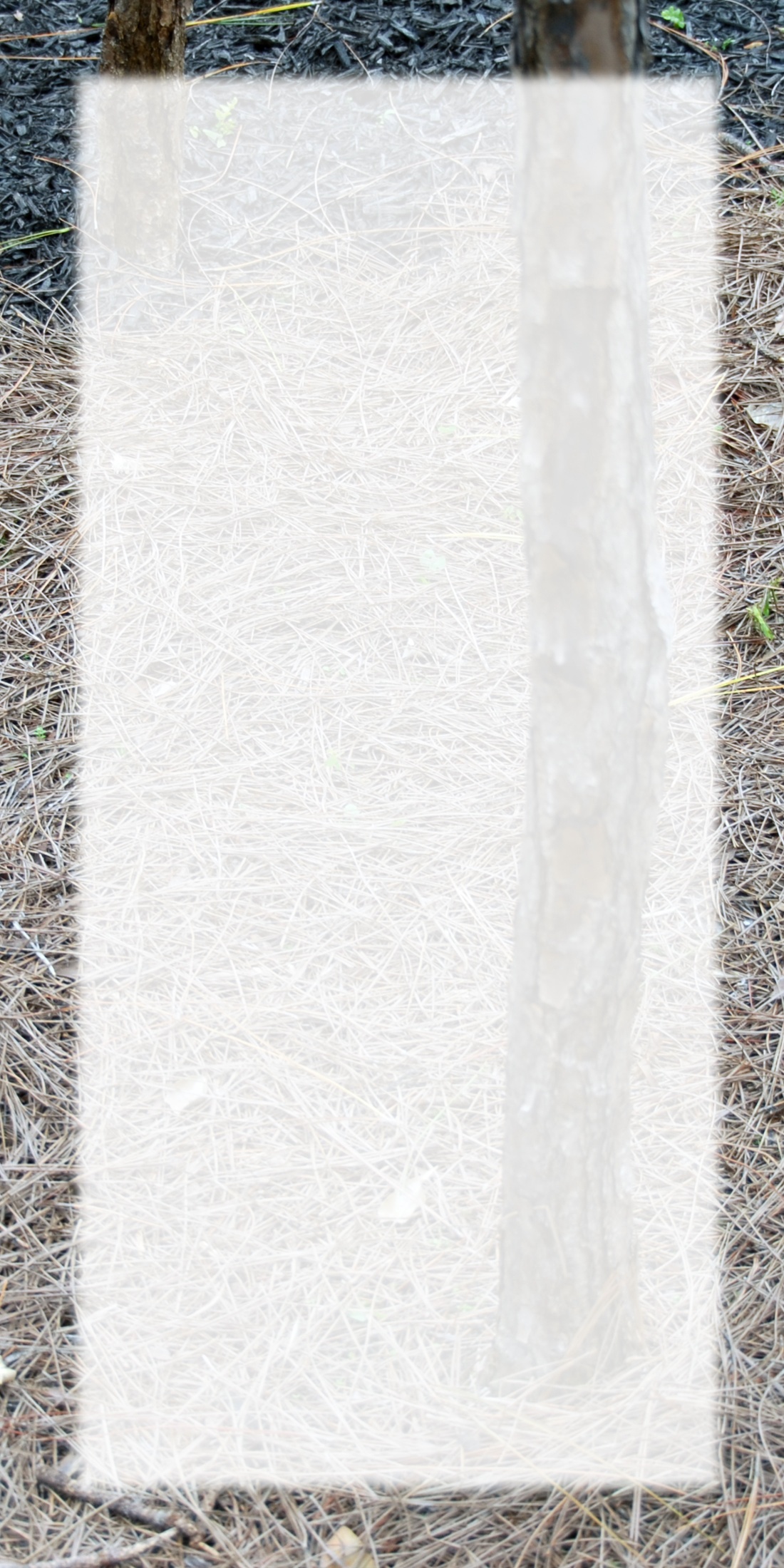Banking on Mercy by Ann Sitarz
It only seemed natural that a man like him was dead.
Thieves and hot-heads always seem to be referred to in the past tense, anyway.
As the congregation passed his coffin, we kept the roses and tossed our to-do lists, on which his name remained married by a preposition to “reconcile,” onto his casket. The grass was cool and grayish green and matted to the ground, rising weakly to the dark slacks hula-hooping the ankles of a few dozen people he had collected during his fifty-five years. The path had all been cleared by now.
My father was a large man, and his casket appeared almost comically industrial sized. I had no idea how well it fit him, as a few weeks before he died he had written a note on looseleaf paper requesting that his funeral not include a wake and mailed it to my uncle, my mother’s brother. Not having spoken to him in five years, I wondered if he had known he was sick, or if it was merely loneliness that instigated thoughts about his funeral. Perhaps he looked forward to the chance to once again be surrounded by people who wouldn’t speak to him anymore in life, be surrounded by them and not have to apologize or redeem, entertain or beg. They would just come because somewhere along the line he had earned their affection. And few people are ever really angry enough to weigh injury against affection when deciding to attend a funeral. “I should go,” is the favorite phrase preceding the closet wide search for an all black outfit. I pictured him fantasizing about this comforting moment, banking on mercy, towards the end of his days.
Despite the litany of injuries he donated to me, I felt no need to recite them. My stomach writhed around a cumbersome, “I’m sorry.” He dribbled from the jaw of life in his rented room, landlady downstairs, through the stillness of an arrested heart, waiting to attend his court trial for stealing money from an old man he met at Church. Of all the things I could ever do for the world, could I ever be able to atone for the lonesome death of my father?
Somewhere along the line, our parents bequeath to us an obligatory invitation to join this life; but what does that really imply that they owe us, and we them? Somehow, I believe most people, if death trickles down in its right order, find themselves eventually standing on cool grass painted with cracks of mud as their fathers or mothers are buried, feeling their adulthood hanging loose upon them, like a father’s jacket upon his impish child. And while from objective angles they appear so well assembled, the awkwardness of such a burden feels painfully early. And just as reconciliation with him always seemed untimely, so did the idea that parents should ever die. At once, the cemetery ground seemed to conceal a field of buried cradles, a graveyard in which I seemed welcome.
When I began kindergarten, I became unduly sick, and eventually, after doctor and priest failed to bring relief, I received Last Rights. I lost a third of my body weight and could not keep down any food and was feverish for months. My father took off from work and drove me to Washington’s Crossing in New Jersey. Various rocks were labeled with plaques describing their significance to the war. However, I was too weak to walk around much, and he carried me to the cafeteria in a building dedicated to Washington Crossing history. He bought me a hamburger, ginger ale, and bag of sour cream and onion chips. I ate them in his car, which he drove up on the grass to face the river closely. “It’s nice to have the day off from school once in awhile, isn’t it?” he said. My fever throbbed in my ear drums and I vomited out my car door. When I finished, I crinkled the green potato chip bag and sat quietly in my seat, feeling I had disappointed him by being unable to keep my food down. When so many people so desperately hoped I would get well, I felt anxious to do so. My father looked at me and pointed toward the river.“A long time ago, England owned America.” I knew this. “And George Washington led a revolution to free the Americans from the English, who weren’t being very nice to the Americans. It seemed like they were going to lose, and a lot of people gave up. But then George Washington had the idea to sneak up on them by crossing this river while the English were sleeping. Because of that, they won the war. That’s why this is called Washington’s Crossing.”
I looked at the river. The winter was giving way to spring and the water could have either been freezing or warm. Either way I remember it being blue, though it probably was a muddy shade of green, as it is every time I pass it now. I asked him if it had been cold when they crossed it.
